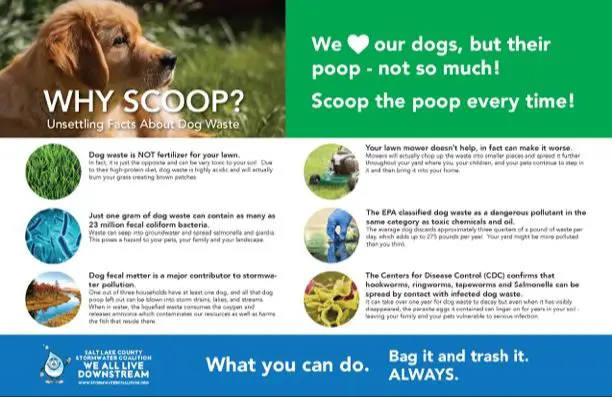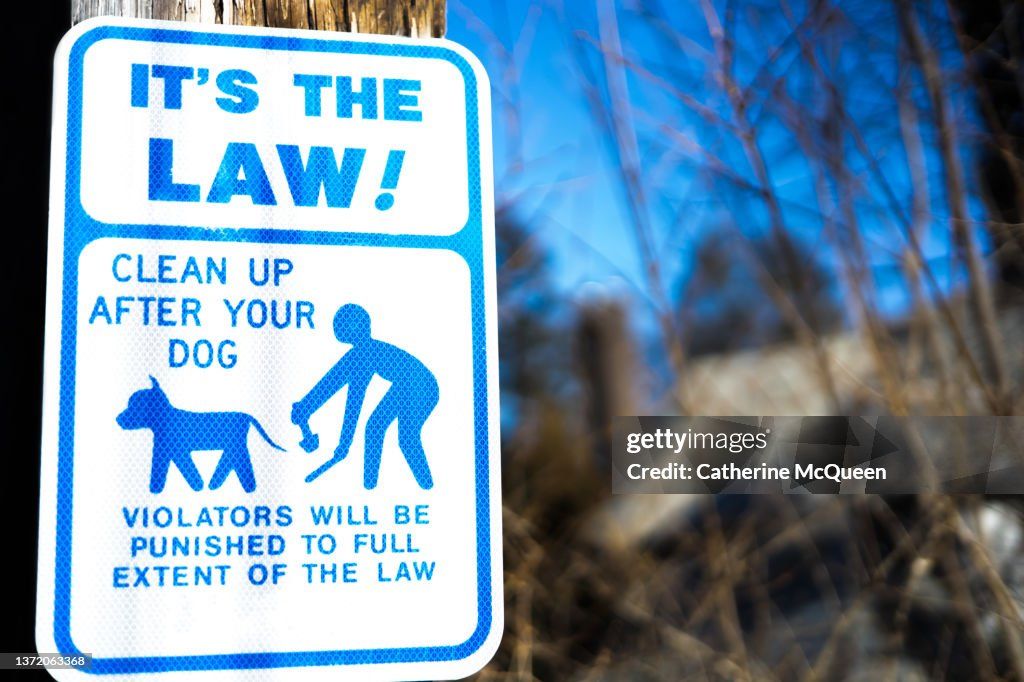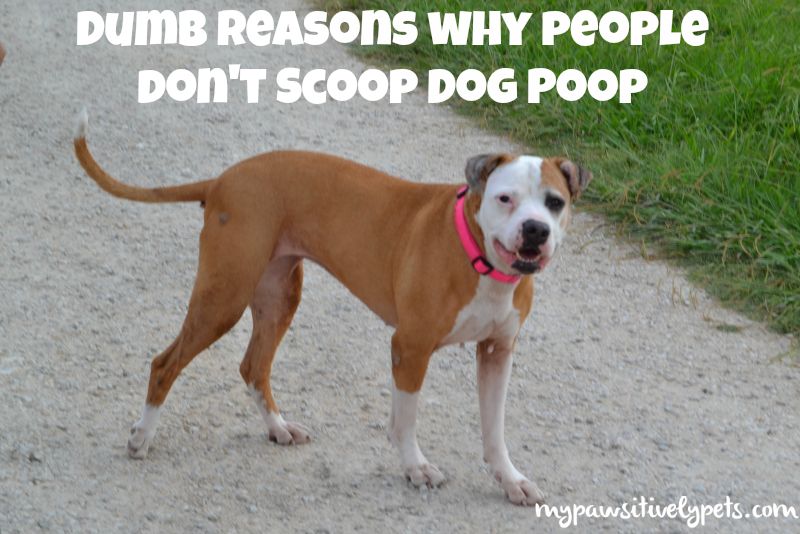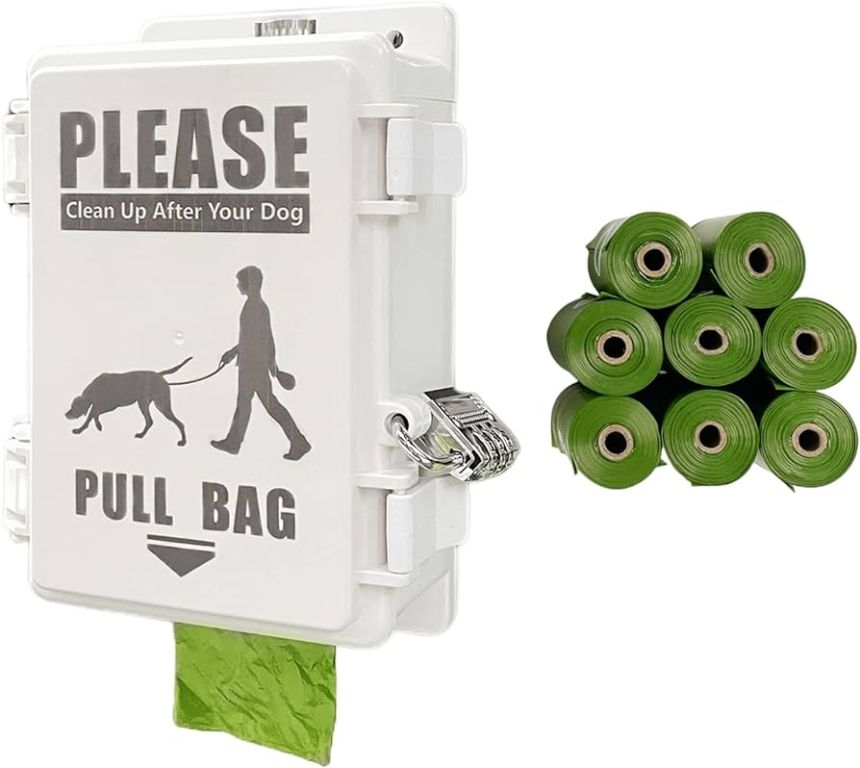Introduction
Picking up after your dog when it poops is an important responsibility for all dog owners. Dog waste that is left on the ground can have negative impacts on the environment and public health. According to the EPA, dog waste is a pollutant and just one gram contains 23 million fecal coliform bacteria, which can spread disease to humans and other animals. Allowing dogs to poop freely without picking it up also contributes to environmental pollution. With an estimated 90 million dogs in the US producing over 10 million tons of waste per year, this is a substantial issue. This article will examine statistics on dog waste cleanup, reasons some owners fail to pick up after their dogs, and tips for being a responsible owner who always scoops the poop.
Statistics on Dog Ownership
According to pet ownership statistics from Pet Food Industry, 60.2 million U.S. households own a dog, which equates to 48% of all households (Pet Food Industry). In total, there are approximately 89.7 million dogs owned in the United States. The American Veterinary Medical Association (AVMA) estimates there are approximately 76 million pet dogs and approximately 85 million pet cats in the United States (ASPCA).
As of 2016, Millennials (ages 20-36) make up 24% of all dog owners. Generation X (ages 37-51) make up the largest share at 32%. Baby Boomers account for 21% of dog owners according to a survey by Packaged Facts (Pet Food Industry).
In 1987, 56 million households in the United States owned dogs, accounting for 62% of households nationwide according to a study from the University of Virginia (UVA). This equates to approximately 59 million dogs in 1987. The dog population has increased by over 30 million from 1987 to today.
Dog Poop Environmental Impact

Dog waste that is left in public spaces or not properly disposed of can have a significant negative environmental impact. When dog poop is left on the ground, rain can wash the waste and contaminants like bacteria and parasites into storm drains and waterways. According to Paw Boost, dog waste contains nutrients like nitrogen and phosphorus that can also contribute to algal blooms in water systems, reducing oxygen levels and harming aquatic life (https://www.pawboost.com/blog/understanding-the-environmental-impact-of-dog-poop-and-how-to-reduce-it/).
Additionally, WebMD reports that the Environmental Protection Agency has classified dog waste as a nonpoint source pollutant, estimating that it contributes 4 billion pounds of waste per year. The chemicals and microbes in dog feces can seep into groundwater and spread illness (https://www.webmd.com/balance/what-to-know-about-composting-dog-poop). Proper disposal through trash, composting, or waste stations is crucial to mitigating these impacts.
Health Risks of Dog Poop
Dog poop can pose several health hazards if left uncleaned in public areas. According to Dog Poop Disease Risks, dog feces contain parasites like tapeworms, hookworms, and roundworms that can be transmitted to humans through ingestion or contact. Roundworm larvae present in dog poop can cause visceral larva migrans if ingested, leading to eye diseases or blindness. Dog waste also contains E. coli and parvovirus that can infect humans.
As noted in Cleaning up after Fluffy is part of the territory, exposure to dog feces, especially in children, can cause disease like toxocariasis which can damage organs. The CDC warns that contact with dog poop can transmit campylobacteriosis, salmonellosis, cryptosporidiosis, and giardiasis. Overall, failing to clean up dog poop exposes many to preventable diseases.
Laws on Dog Waste
Most cities and municipalities have laws requiring dog owners to clean up after their pets when in public areas. For example, Los Angeles municipal code states that dog owners must remove and properly dispose of their dog’s waste. Failure to do so can result in fines up to $1,000. Other major cities like New York, Chicago, and San Francisco have similar laws mandating owners clean up dog poop and can issue citations for non-compliance.
At the state level, California passed a state-wide dog waste law in 2012 requiring owners clean up after their dogs in public places. The law authorized penalties up to $250 per violation. Some other states with statewide dog poop laws include Colorado, Texas, Virginia, and Florida.
Many local governments are also installing more public amenities to help owners comply with cleanup laws. Providing dog waste stations in parks and green spaces promotes compliance with dog waste laws.
Survey Data on Dog Poop Pick Up

According to a survey by Study Finds, 1 in 4 dog owners don’t always clean up after their dog. In this survey, 14 percent of dog owners admitted to never cleaning up after their dog when on a walk. Only 19 percent said they always pick up their dog’s waste.
Another survey conducted by YouGov found that while 76% of dog owners claim they clean up after their dog when out walking on streets, 10% of Democrats and 12% of Liberals admitted to not cleaning up the mess. This survey reveals many owners do fail to pick up dog poop despite laws requiring them to do so.
Reasons Owners Don’t Pick Up
There are many common reasons dog owners give for not picking up their pet’s waste. According to research by the Humane Society, the top reasons include:
They didn’t notice their dog had pooped. This occurs if the owner is distracted or not paying close attention.
They don’t have a plastic bag or poop bags with them to pick up the waste. Some owners may set out unprepared.
They are too lazy and can’t be bothered with the unpleasant task. Picking up poop is not fun for most.
They think it will decompose naturally. However, dog poop can take over a year to decompose and cause environmental issues.
They believe someone else will pick it up. This bystander effect results in no one taking responsibility.
They want to leave territorial markings. Some irresponsible owners allow this anti-social behavior.
They dislike poop bag dispensers in public areas. The lack of supplies becomes an excuse.
They feel their neighborhood is already dirty. When an area lacks cleanliness, owners contribute less.

They want to avoid carrying the bag of poop. Carrying waste is awkward and smelly.
While these reasons are common, none justify failing to pick up dog poop. Responsible owners always come prepared with bags and pick up promptly after their pets.
Encouraging Dog Poop Pick Up
Finding ways to encourage more dog owners to pick up after their pets is key to keeping public spaces clean. Here are some tips communities can implement:
Create fun public awareness campaigns like DNA testing poop or spray painting it bright colors to get people’s attention (Petpooskiddoo.com, 2015). While gimmicky, these can be effective at bringing awareness.
Post clear signage stating expectations and consequences. Funny or informational signs can remind owners of their responsibilities without being too heavy-handed (Petpooskiddoo.com, 2015).
Have pet waste bags and trash cans available. Make it easy for owners by providing the necessary tools (Treehugger, 2021).
Enforce existing leash laws and fines for not picking up. Issuing citations when needed will motivate compliance (Treehugger, 2021).
Reward and recognize responsible pet owners. Praise good behavior in addition to penalizing bad acts (Naturegroupie.org, 2021).
Educate the public on health and environmental risks. When people understand the impacts, they may be more likely to pick up (Naturegroupie.org, 2021).
By taking a positive approach and providing proper resources, communities can make progress on this issue.
Products to Aid Clean Up

To make picking up dog waste easier for pet owners, there are various products on the market. Carrying disposable poop bags is essential to immediately pick up waste during walks. Biodegradable options are available for an eco-friendly choice. Some bags even come pre-loaded with odor eliminating powder or gels. Retractable leashes allow owners to keep hold of the dog while bending down to scoop. For the yard, a dedicated pet waste station or trash can makes disposal simple.
There are also cleaning solutions formulated specifically for eliminating dog urine and feces from grass, concrete, carpets and other surfaces. Some contain enzymes to break down waste and remove stains and odors. Quick-acting sprays, foams or gels simplify cleansing messes. These products can help streamline the process so owners can promptly and hygienically clean up after pets.
Conclusion
In summary, it’s clear that a significant percentage of dog owners fail to pick up their pet’s waste in public spaces. This causes detrimental environmental effects, health hazards, and community annoyance. While laws require cleaning up and penalties exist, enforcement is difficult. However, we all must make the effort to be responsible pet owners. Pick up the poop every time, dispose of it properly, and carry the necessary supplies when walking your dog. Clean communities, waterways, and public health depend on it. With more awareness and social pressure, norms can shift to make this unappealing civic duty a widely accepted habit. It takes all of us, so please do your part to clean up after your pet.